Latest IAEA chief’s remarks on Iran nuclear deal ‘unconstructive’: Envoy
Iran’s permanent representative to Vienna-based international organizations has criticized Director General of the International Atomic Energy Agency (IAEA) Rafael Grossi for his latest remarks about the 2015 landmark nuclear pact, terming the comments as unconstructive.
Kazem Gharibabadi made the remarks on Wednesday in reaction to Grossi’s interview with American weekly news magazine Newsweek in which he said “detailed and technical discussions” are needed to ascertain the location of Iran’s undeclared uranium and that the issue is “totally connected” to the revival of the nuclear agreement, officially known as Joint Comprehensive Plan of Action (JCPOA).
“Such interviews will only damage the IAEA’s credibility before Iran and Iranians, and will eliminate the chance for the success of the IAEA chief’s next initiatives on the basis of interaction and good faith,” the envoy said.
Gharibabadi went on to say that the JCPOA is currently facing numerous problems and complexities.
“We do not need to complicate it with such strange positions. The issues are interconnected, and Iran will organize its measures and interactions with the IAEA and its director general with regard to other factors,” Iran’s ambassador said.
He said Iran continues to act transparently and cooperatively under its Non-Proliferation Treaty (NPT) Safeguards Agreement commitments.
“Do not cling to over-two-decade-old allegations as a cover-up to justify your deliberate failure to address important issues of proliferation, including the nuclear dossier of the Israeli regime!” Gharibabadi told the Agency.
In recent weeks, Tehran and Washington have been at loggerheads over which side should first return to compliance with the JCPOA, which former US president Donald Trump withdrew from in 2018.
Iran says no negotiations are needed on Washington’s return to the JCPOA, and that the US should first lift all the sanctions Trump imposed on Iran before the Islamic Republic returns to full compliance. Tehran believes it was the White House that complicated the circumstances by the pullout, which in turn prompted Iran to take remedial measures.
As the US refrained from lifting the sanctions before a deadline set by Tehran, Iran announced that the country stopped the voluntary implementation of the Additional Protocol that allowed the IAEA to carry out short-notice inspections of the country’s nuclear facilities.
The halt came under the Strategic Action Plan to Counter Sanctions, a law passed last December by the Iranian Parliament.
The legislation had set February 23 as a deadline for the Iranian government to further scale back compliance with the 2015 nuclear deal, if the US does not lift its sanctions against the Islamic Republic.
As the deadline was about to expire, Iran and the IAEA reached a temporary bilateral technical understanding, under which Tehran would continue to use cameras to record information at its nuclear sites for three months, but it would retain the information exclusively.
If the US sanctions are lifted completely within that period, Iran will provide the footage information to the UN nuclear watchdog, otherwise it will be deleted forever.
Iran strongly condemns deadly terrorist attack targeting worshippers in Syria’s Homs
Israel recognizes Somaliland as state, drawing international condemnation
VIDEO | Press TV's news headlines
VIDEO | Pakistan signs major defense export deal with Libya
VIDEO | Gaza children at Al-Nour school call for caravans to restore education
Critical Gaza hospital runs out of fuel, suspends most services
Yemen says ready for next inevitable war, urges Muslims to be vigilant
West uses sanctions to cling to fading dominance: Moscow


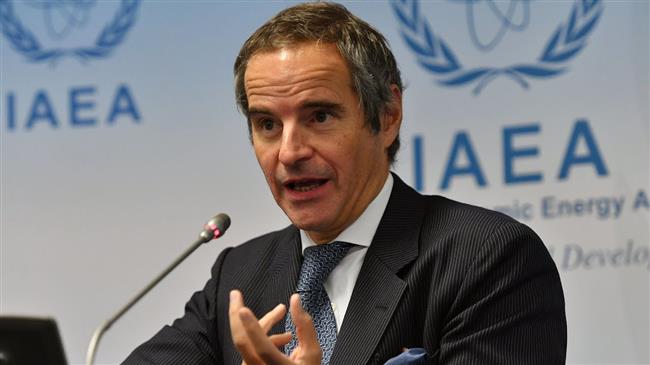

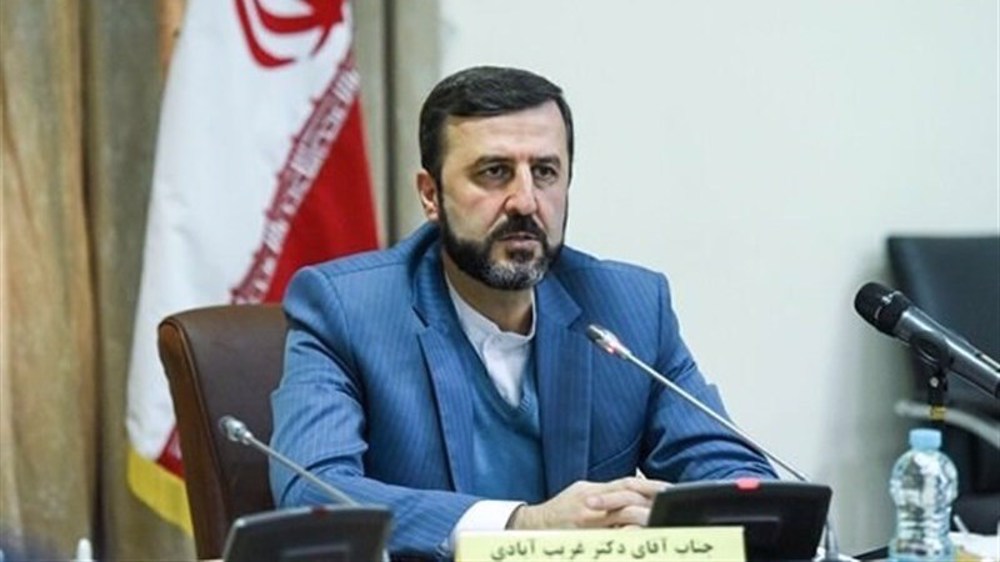

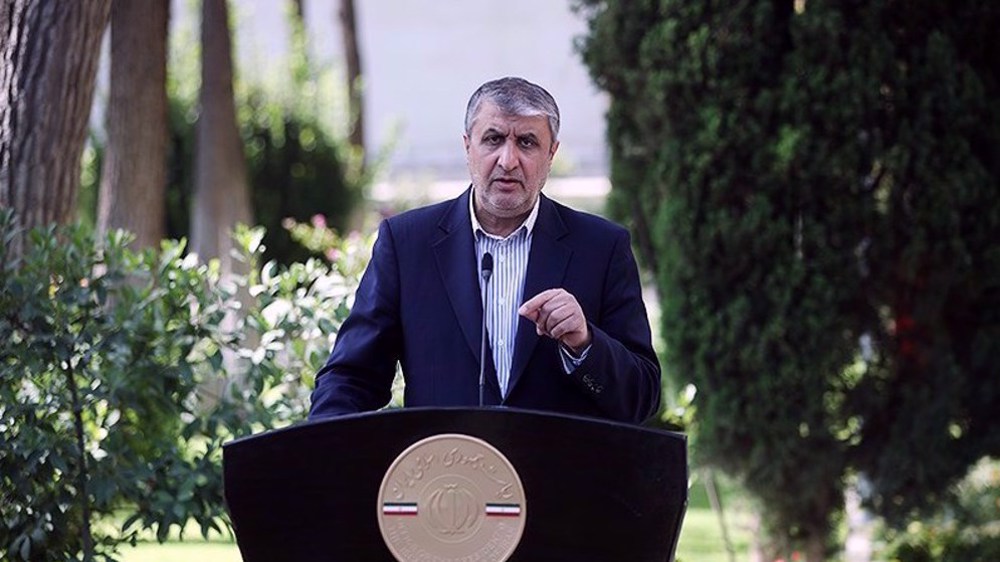



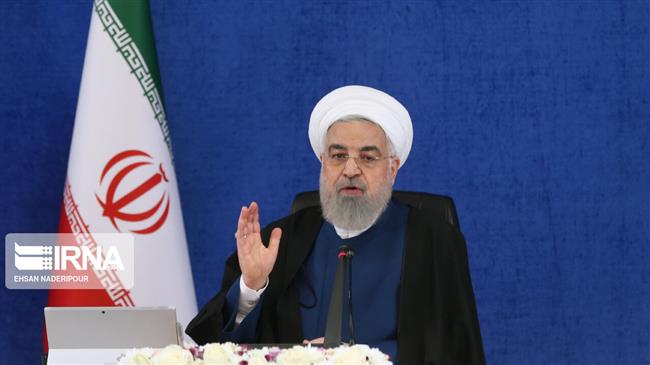
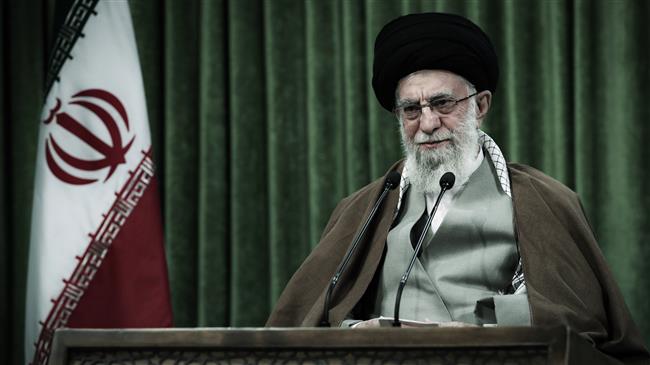

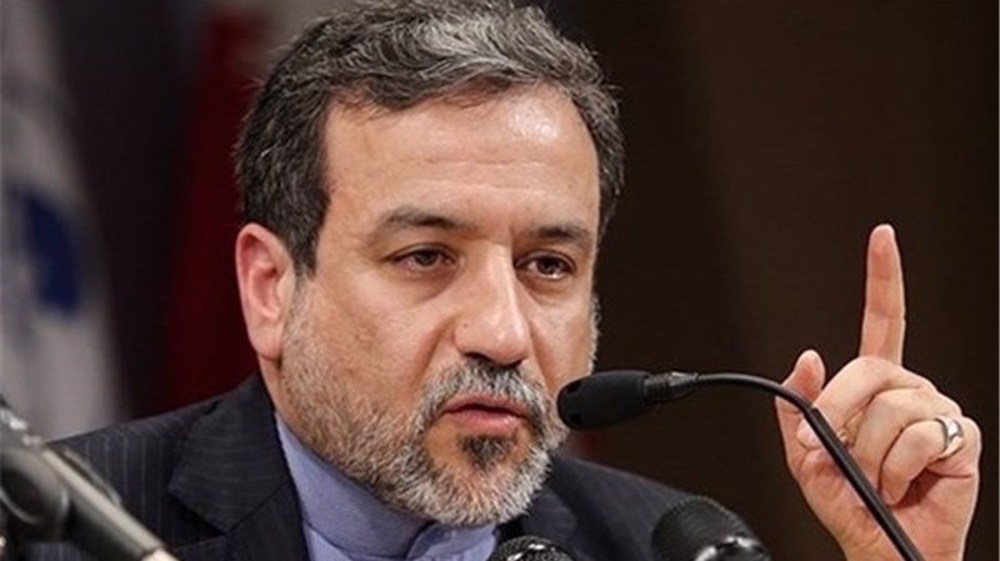
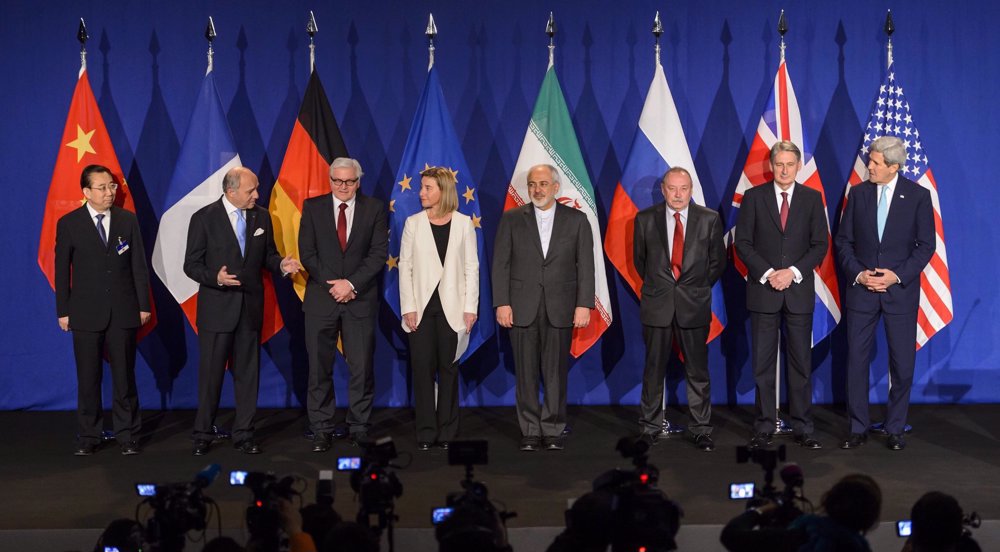
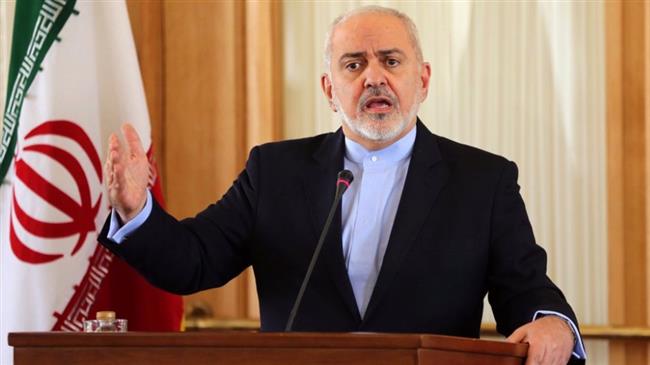

 This makes it easy to access the Press TV website
This makes it easy to access the Press TV website